Nathan Fugitt is a senior at Verrado High School who has dedicated the past four years of his high school career to the Film and TV department, along with various other projects. His time at Verrado reflects the exemplary status one can achieve by simply starting with getting involved.
“Innovative.”
It’s the word that comes to mind when Film & TV teacher Ms. Sydney Cox thinks about Nathan. She’s impressed with just how naturally he takes on large projects with a great deal of responsibility. He shows his dedication by inspiring other students in the class.
“When I first got to high school, I sat in the auditorium, and Nate Showman (ex-principal) said, ‘If there’s one piece of advice I can give you guys, it’d be to get involved!’ And what did I do? I did Film and TV,” Fugitt exclaimed.
As a result of taking Film and TV every year, this year he became a film intern at Agua Fria Union High School District under ex-Verrado High School film teacher Mr. Walker.
“We make a bunch of promo videos. We make the trailers for each academy pathway, so the incoming freshmen can get a better grasp of each program—what they can offer and what they have the potential to do after high school—just by watching short little videos—something to show in the classes,” Fugitt elaborated.
His drive to get involved and make the most out of his short four years in high school has led him to accomplish so much in various fields and organizations, such as SkillsUSA.
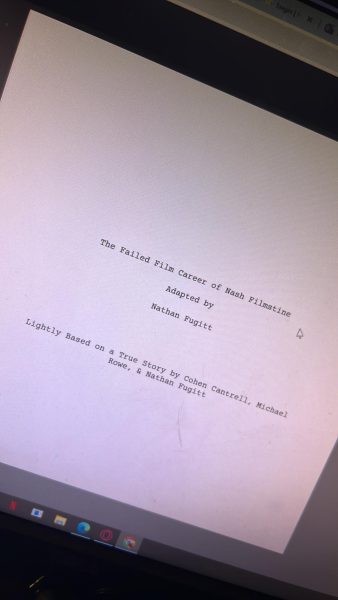
“For SkillsUSA, I’ve won several first-placers, second-placers, and third-placers. I’ve gotten honorary mentions in several different categories from [Student Television Network]. Even awards that aren’t mine—we’ve had recent winners at the student production Emmys, which is hosted by the Emmy company.”
Last year, Fugitt helped work on Rio Brown’s Emmy award-winning senior capstone called “Soup” as assistant director.
Fugitt channels his previous experience in capstones to guide his own ambitious senior capstone; however, he chooses to stray away from what past seniors have done for their projects.
“I’m doing a musical because I wanted to take my time in Film and TV and make something original—I want to go a step beyond what the past two senior capstones have been for previous generations. I want to leave my mark on the Film and TV program here at Verrado with something that’s like, ‘Oh wow, that’s really impressive for someone at a high school level to complete.”
Cox isn’t surprised at the ambitious project. Everything Nathan does, he has complete conviction with the project. “Nathan never shies away from taking chances on new creative ideas, and constantly finds ways to improve his skills.”
The origin for the film began a year ago with Fugitt, Cohen Cantrell, and Michael Rowe, but the project was initially scrapped.
“We were like, ‘This is too in-depth,’ so for this year, I took that script, and I morphed it into a musical and a much longer film.”
When Fugitt decided to revive the script, he ensured it was introspective into his own life challenges—something with a given theme and moral.
“When I sat down to write it, I really reflected and was like, ‘Hey, I don’t really know what I want to do in my life, but I also don’t want to do something that somebody says they want me to do.’ So I kind of built it around that and how you can be appreciated even if you’re not doing what you think people want you to do.”
For those familiar with the original script, Fugitt added plenty of Easter eggs and callbacks, saying, “I included a lot of Easter eggs to the original script that you’d only know if you were one of the original actors that were going to act in the film or one of the scriptwriters, which is really funny.”
But when it comes to the parts that weren’t in the original script a year ago—the theater side of the capstone—he delegates and oversees the music creation of Michael Myers, Ezra DePaz, and Izaiah Roman for the film.
“I’m trying to take a hands-off approach to the music creation in the musical simply because I have no idea in music creation,” Fugitt prefaced. To get around not knowing music creation, Fugitt elaborated, saying, “So I give them a prompt. They have the script, of course, so they know what the whole story is. I tell them where I want the song to be, what I want it to portray or convey, and how I want it to flow through the story. Then, they’ll send me a demo, and if something is wrong with the lyrics, or the volume, or etc., I’ll say, ‘Hey, make this more deeply connected, make this more intentional and less than obvious.’”
Other aspects, such as choreography, are less focused and more fluid between everyone compared to the music creation.
“Our plan is to do a lot of one-shots and base a lot of the cameras off of the volume—make it more of a film-musical camera-wise, rather than a performing-musical,” Fugitt added.
Essentially, prepare for less theater-musical and more film-musical.
“The musical is called The Failed Film Career of Nash Filmstein,” Fugitt related. “The expected release date is around April to May, but it will definitely be at KVHS’s Movie Night in May.”
As Fugitt makes his high school filmmaking capstone, it can be said with certainty that whatever lies in the next stage of his life will be bright as he follows his dogma of prioritizing only what he is passionate about, being sure to leave ripples in the Verrado Film Scene upon his exit.


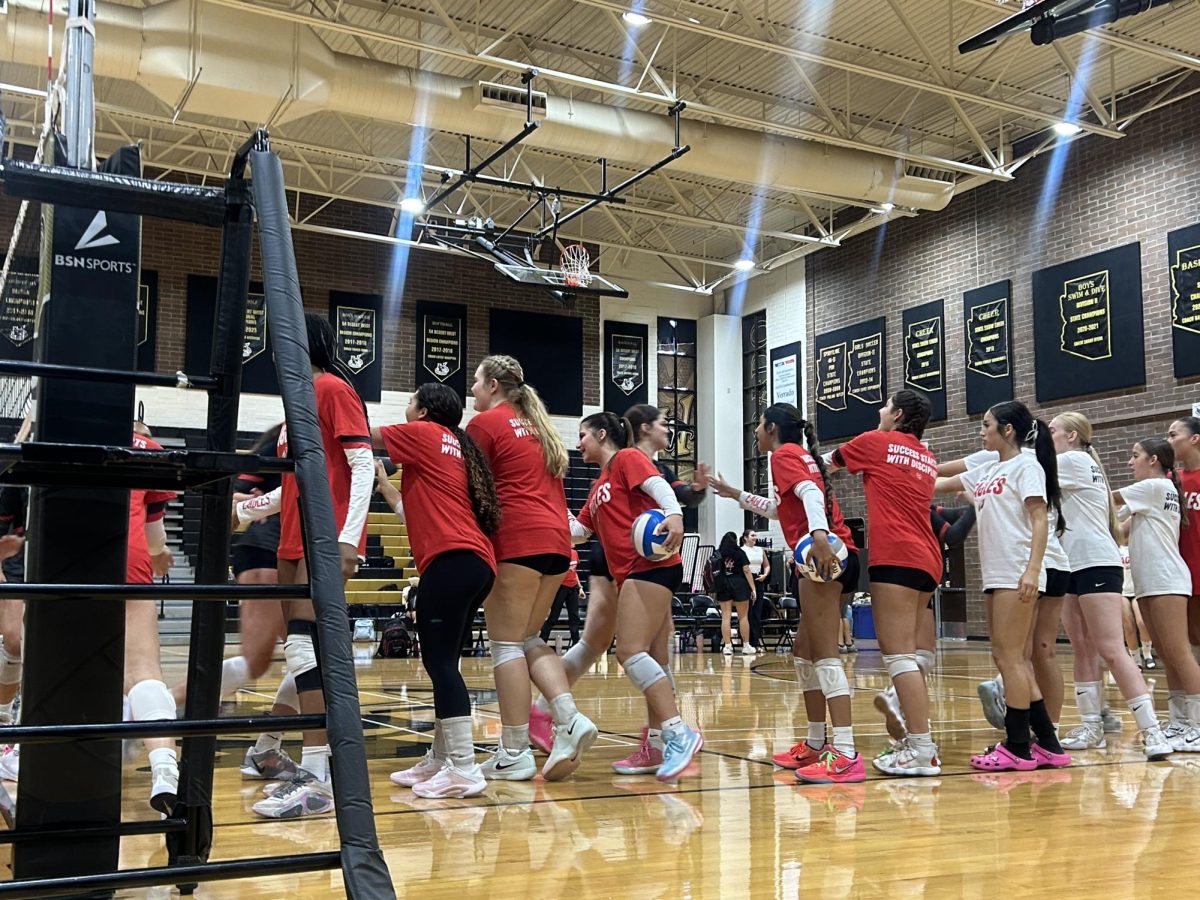





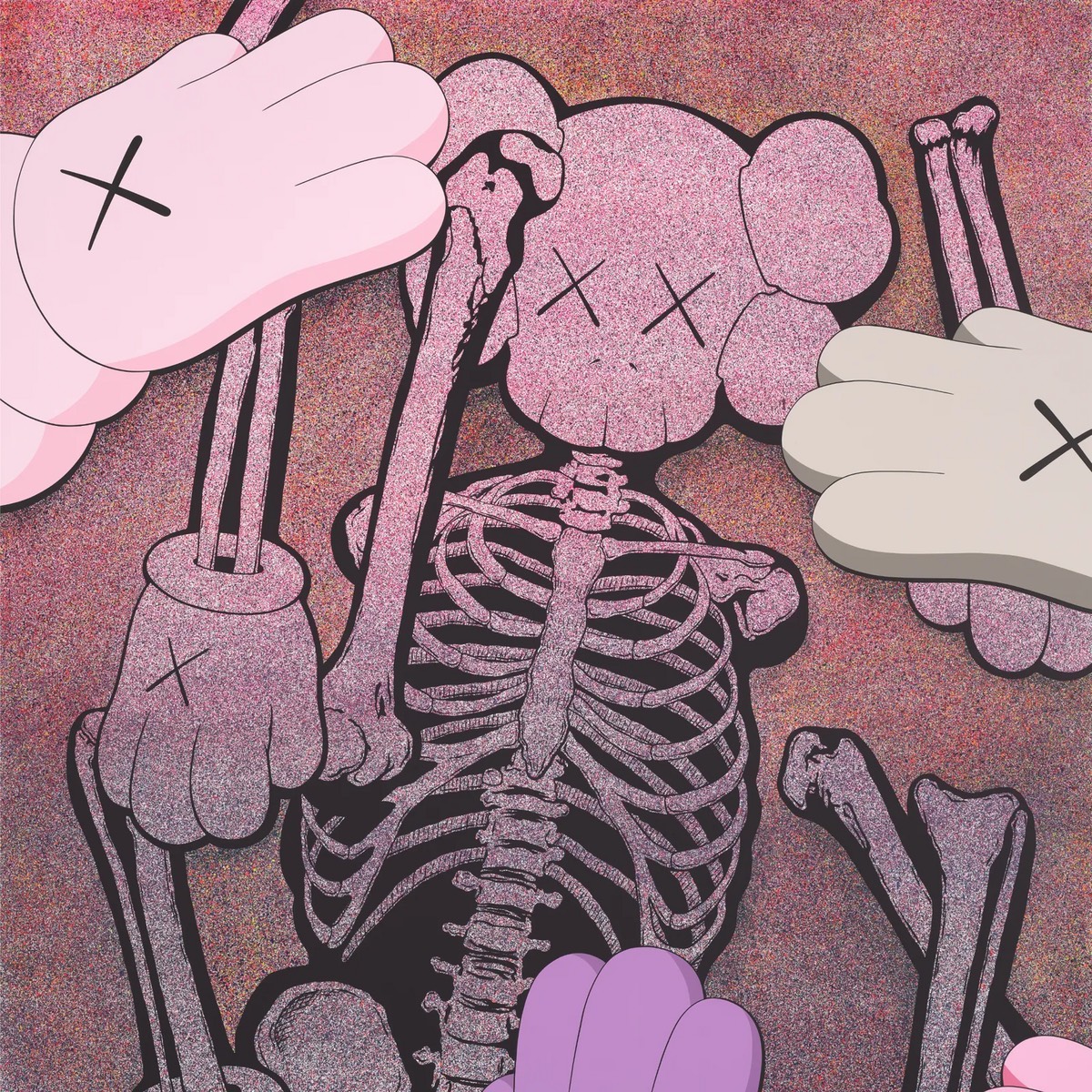



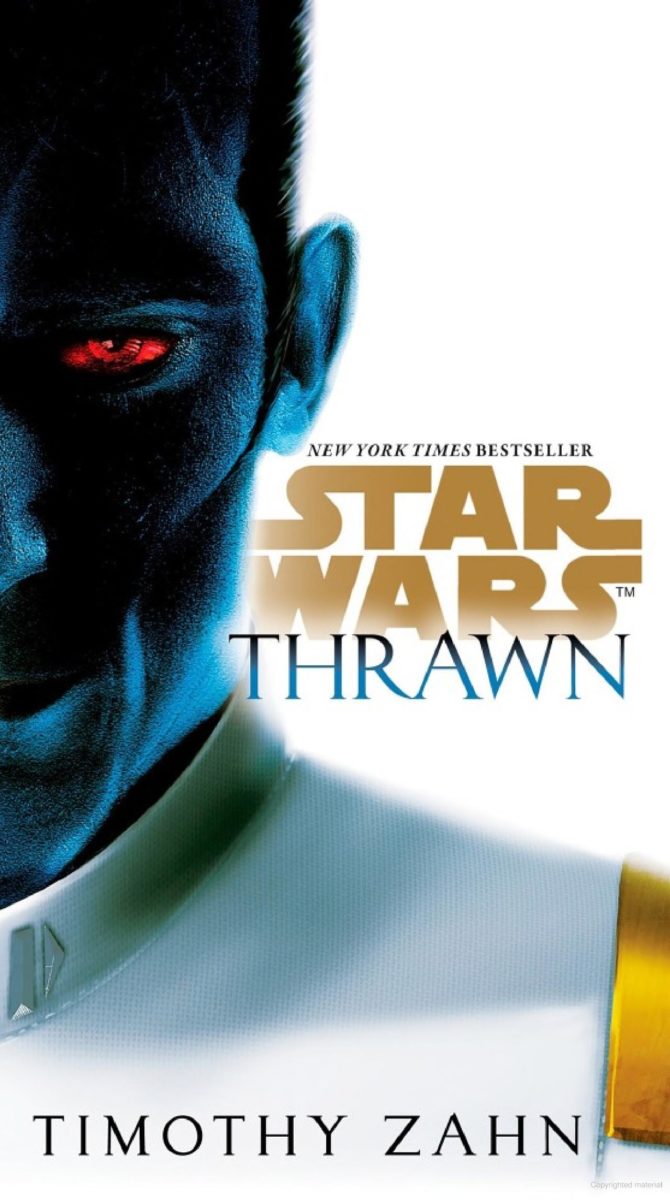
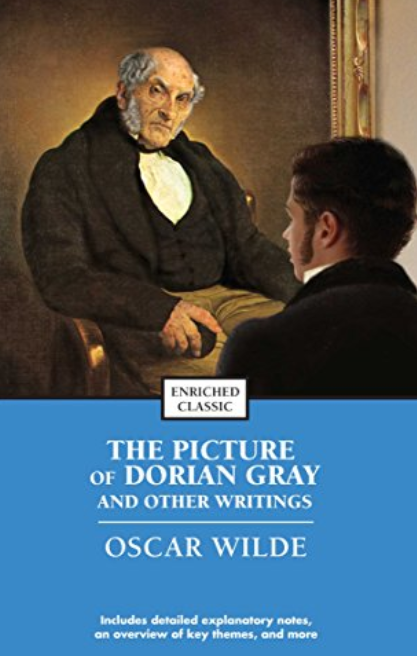

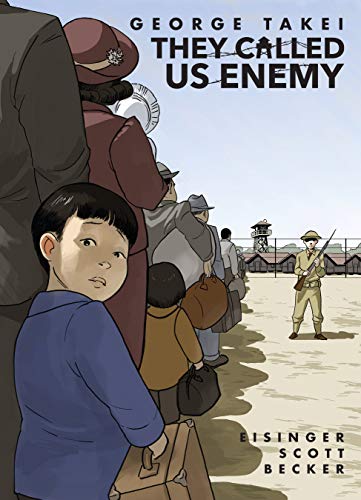


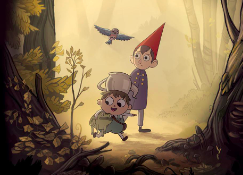









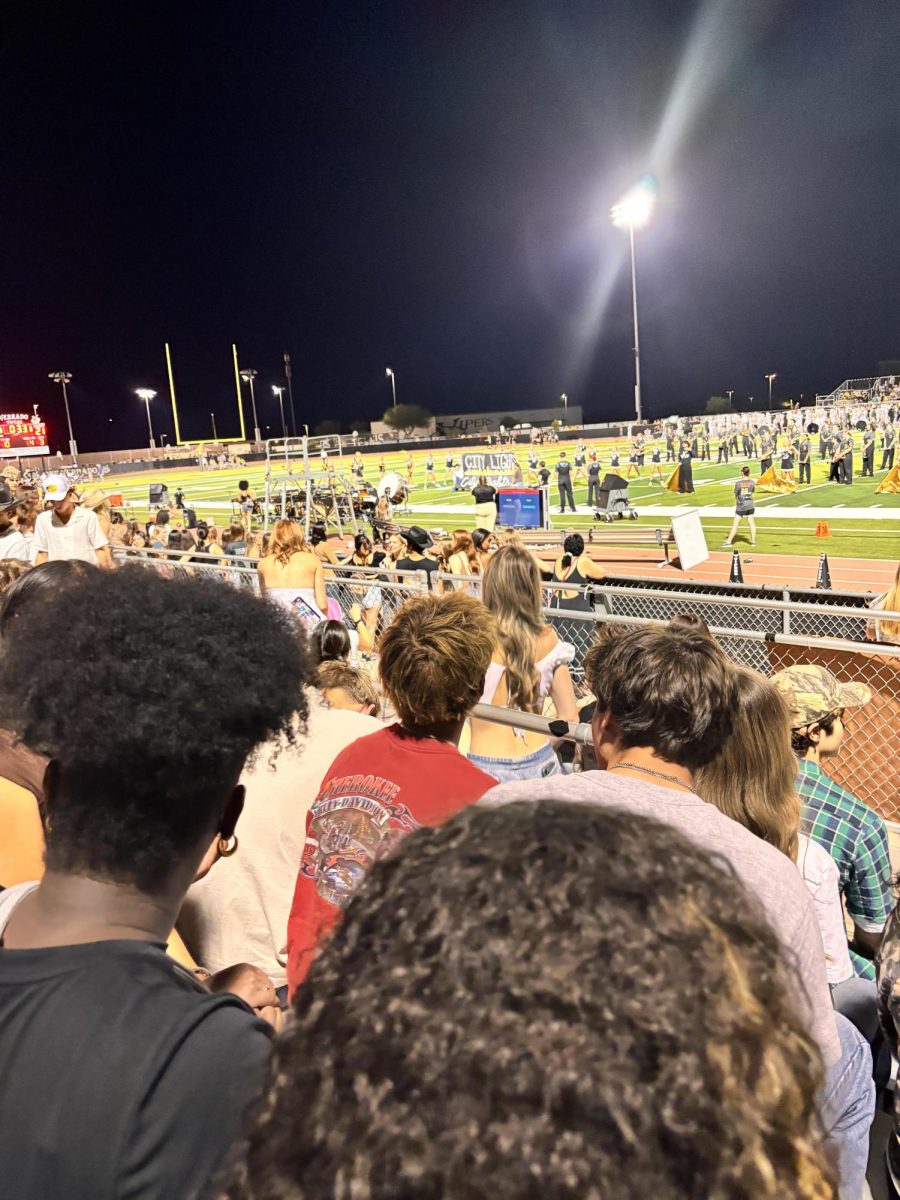
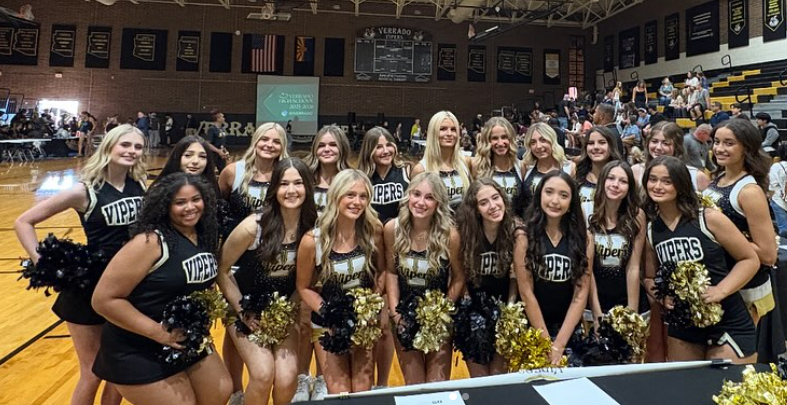





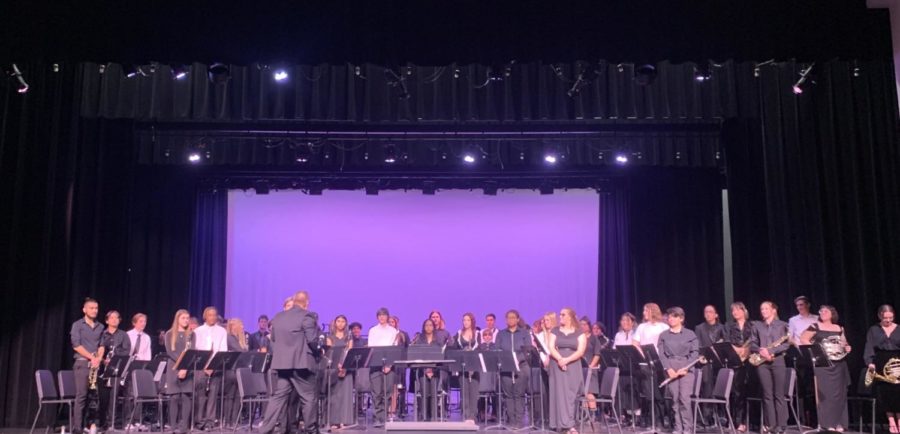


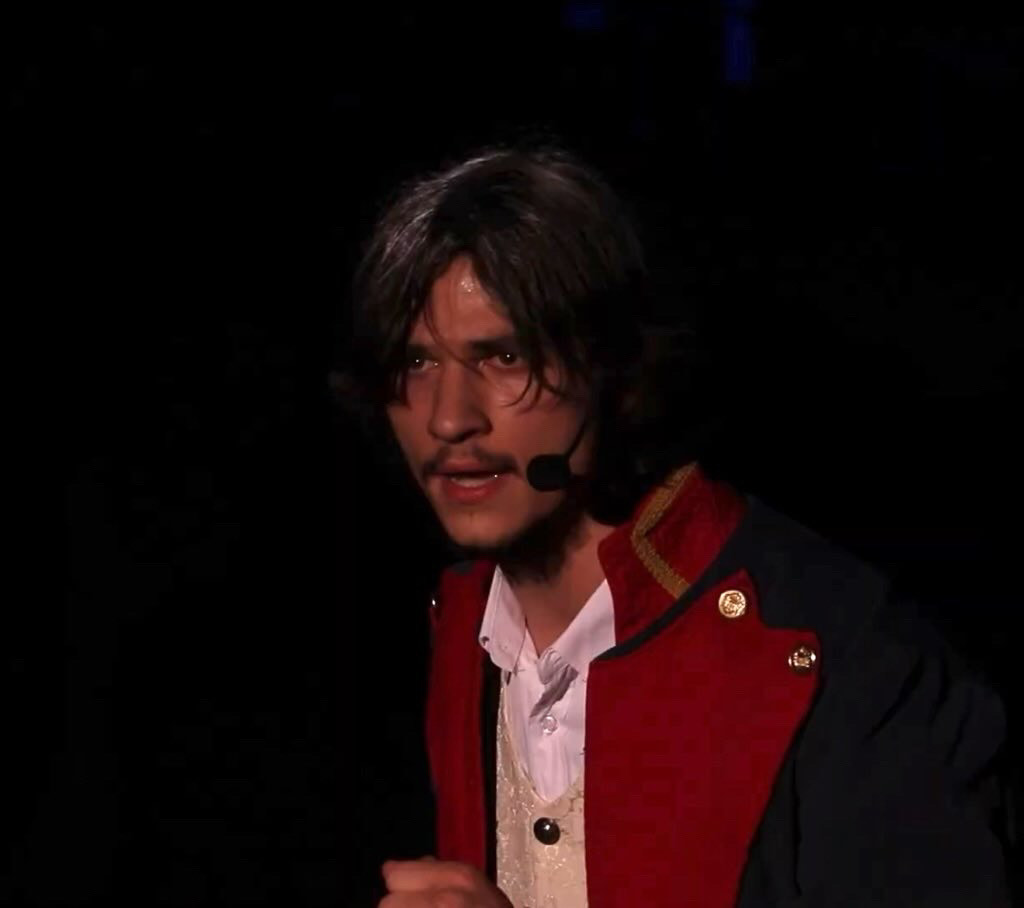





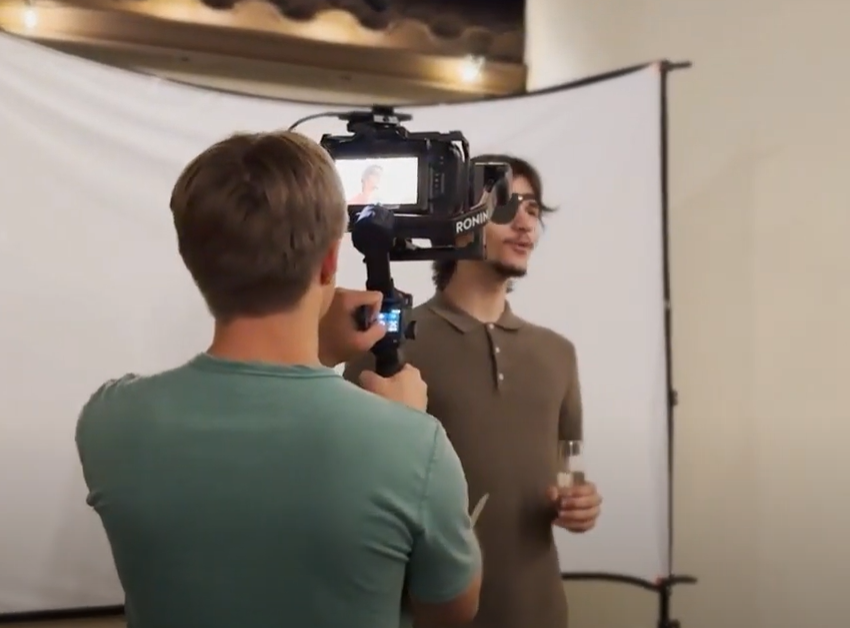


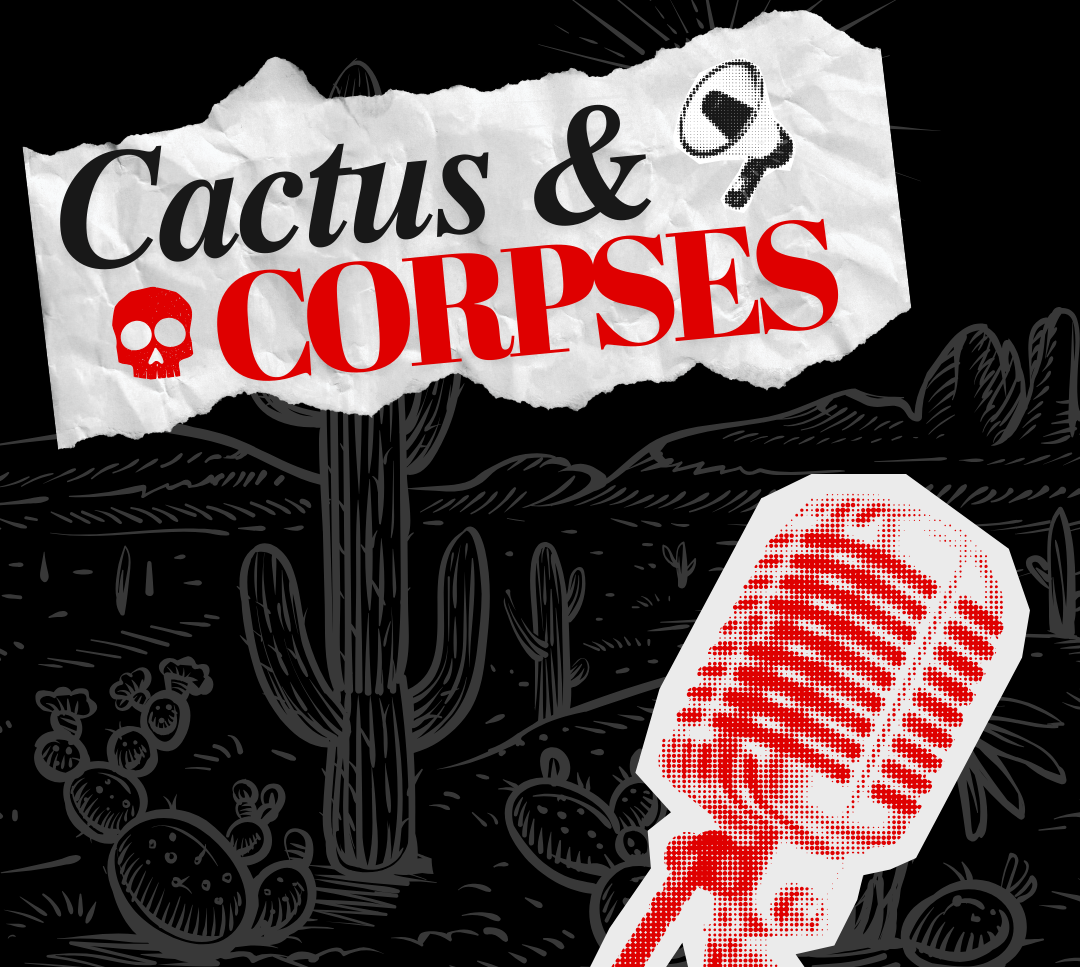
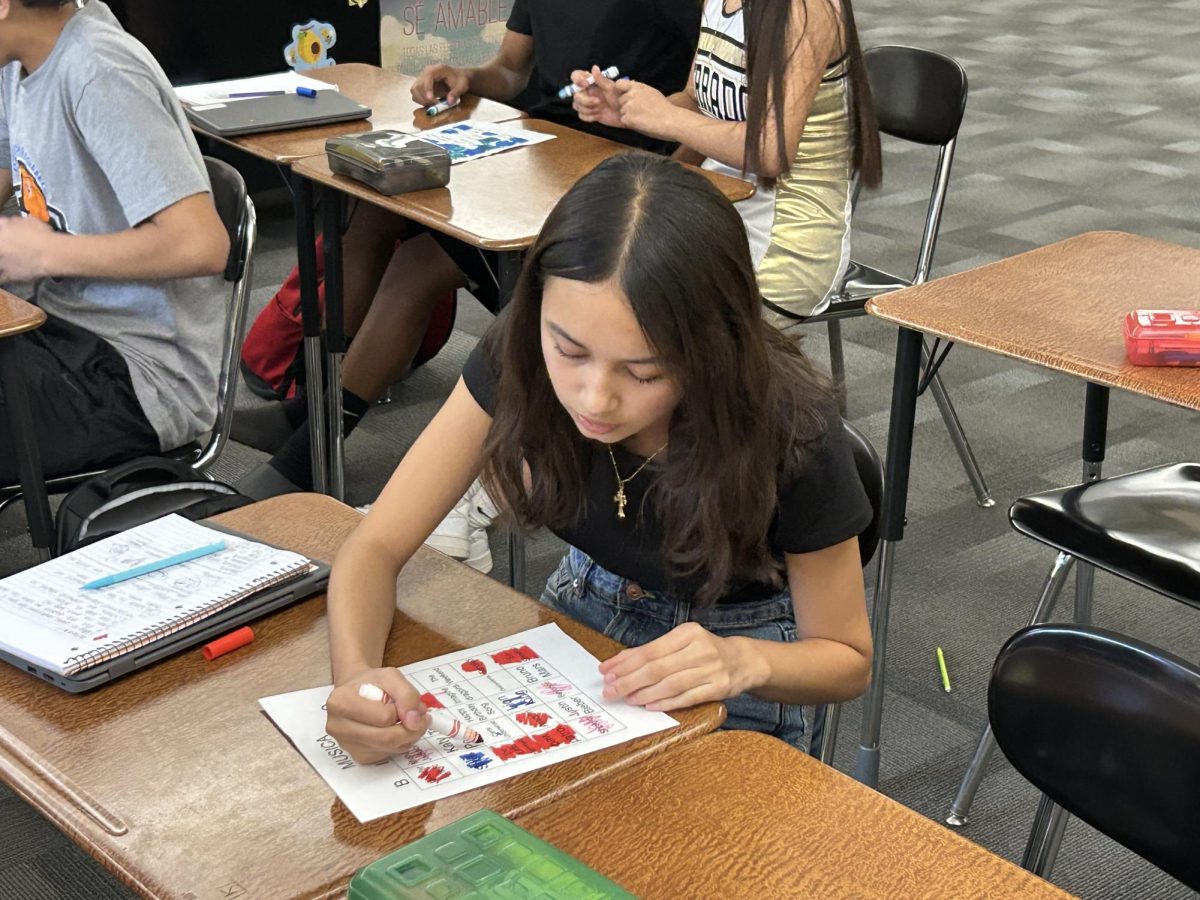

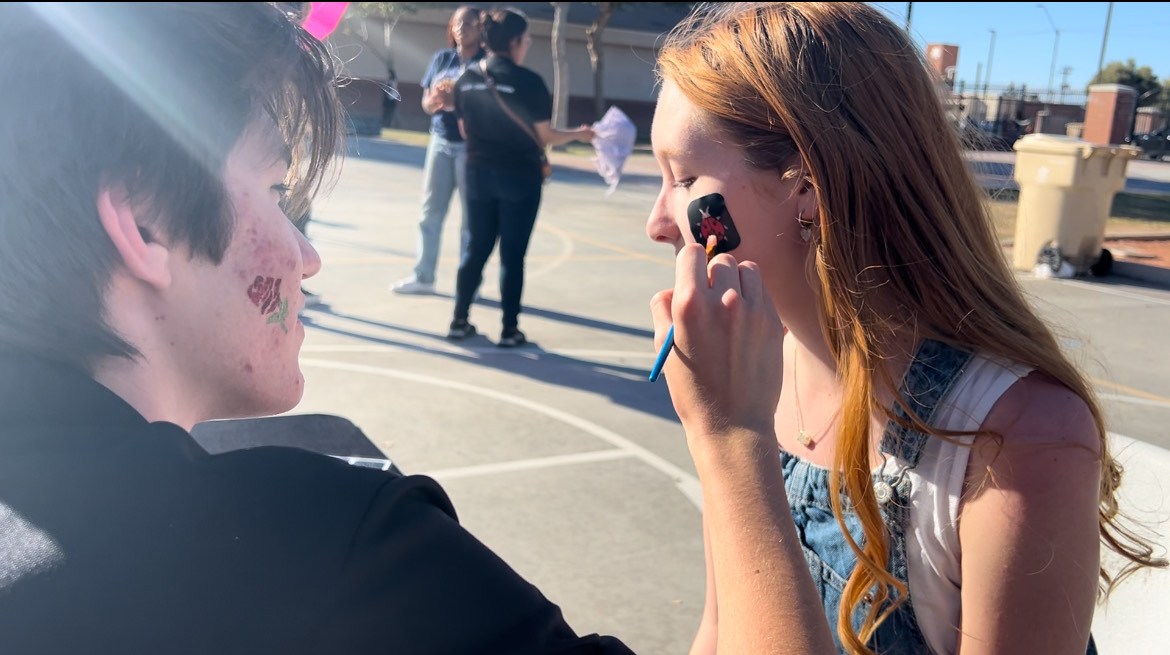
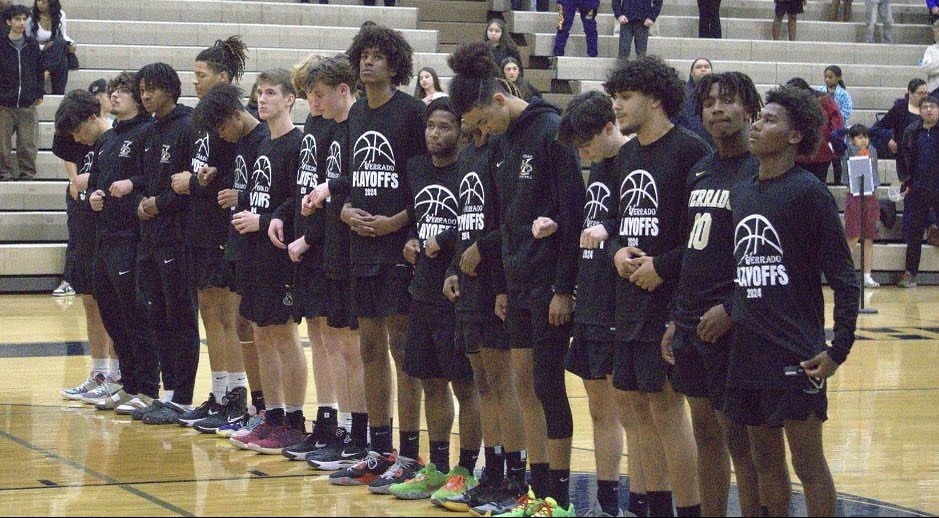
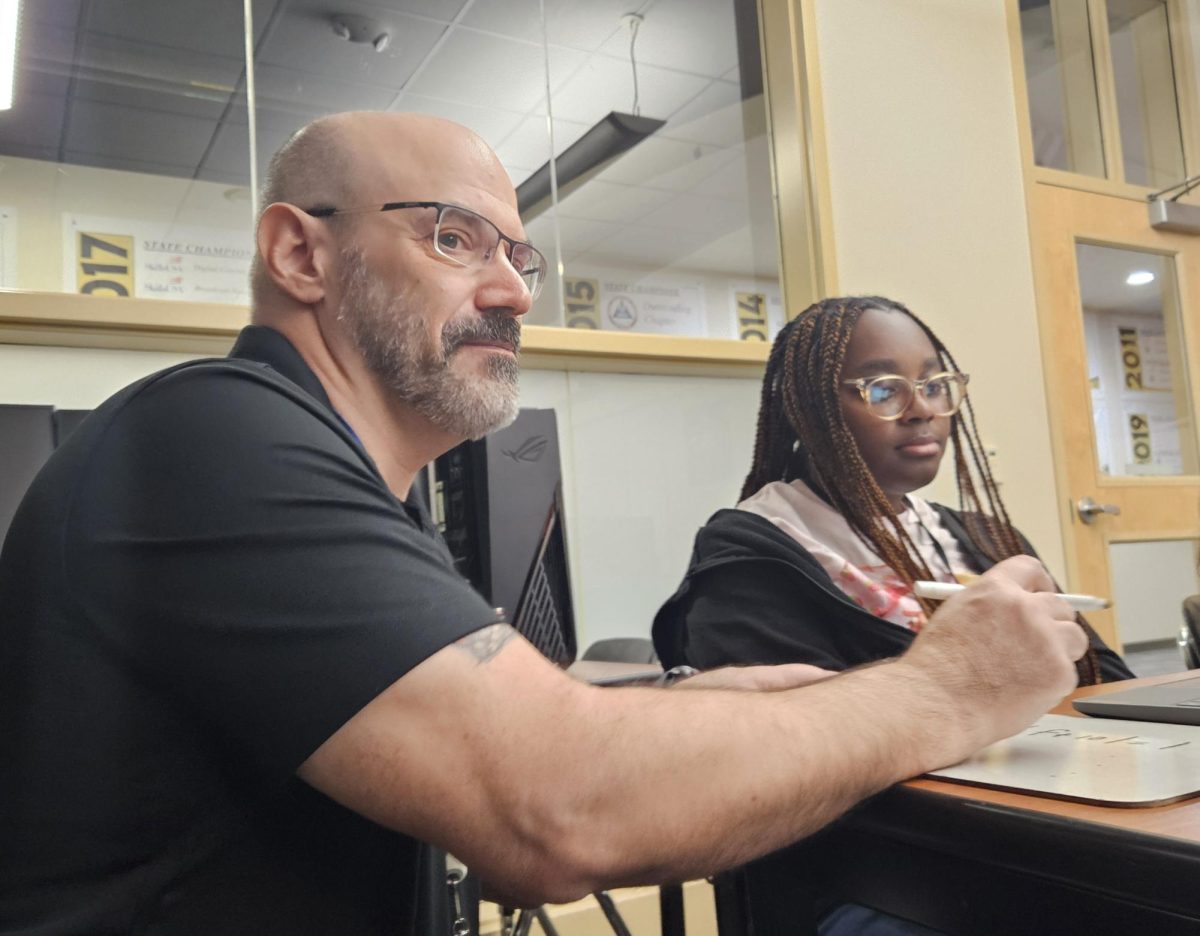
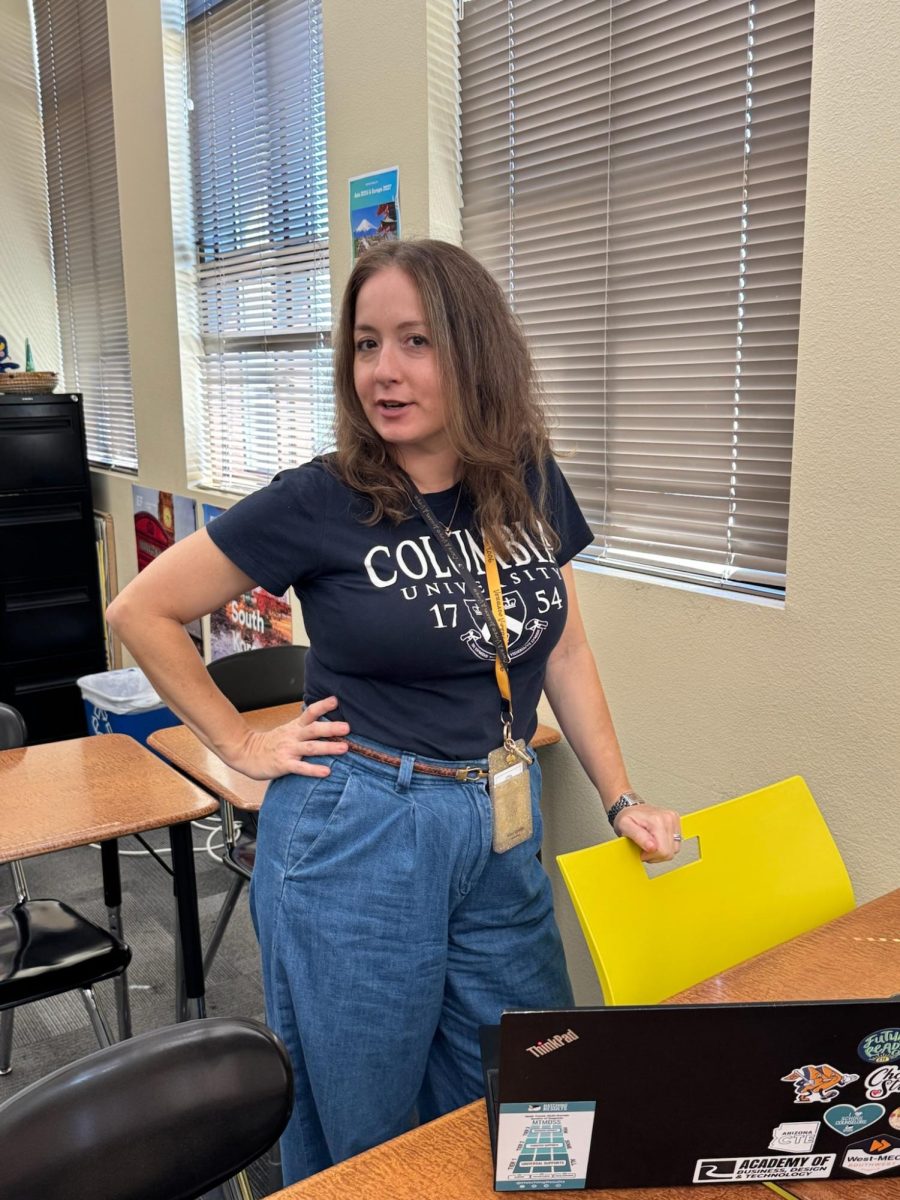
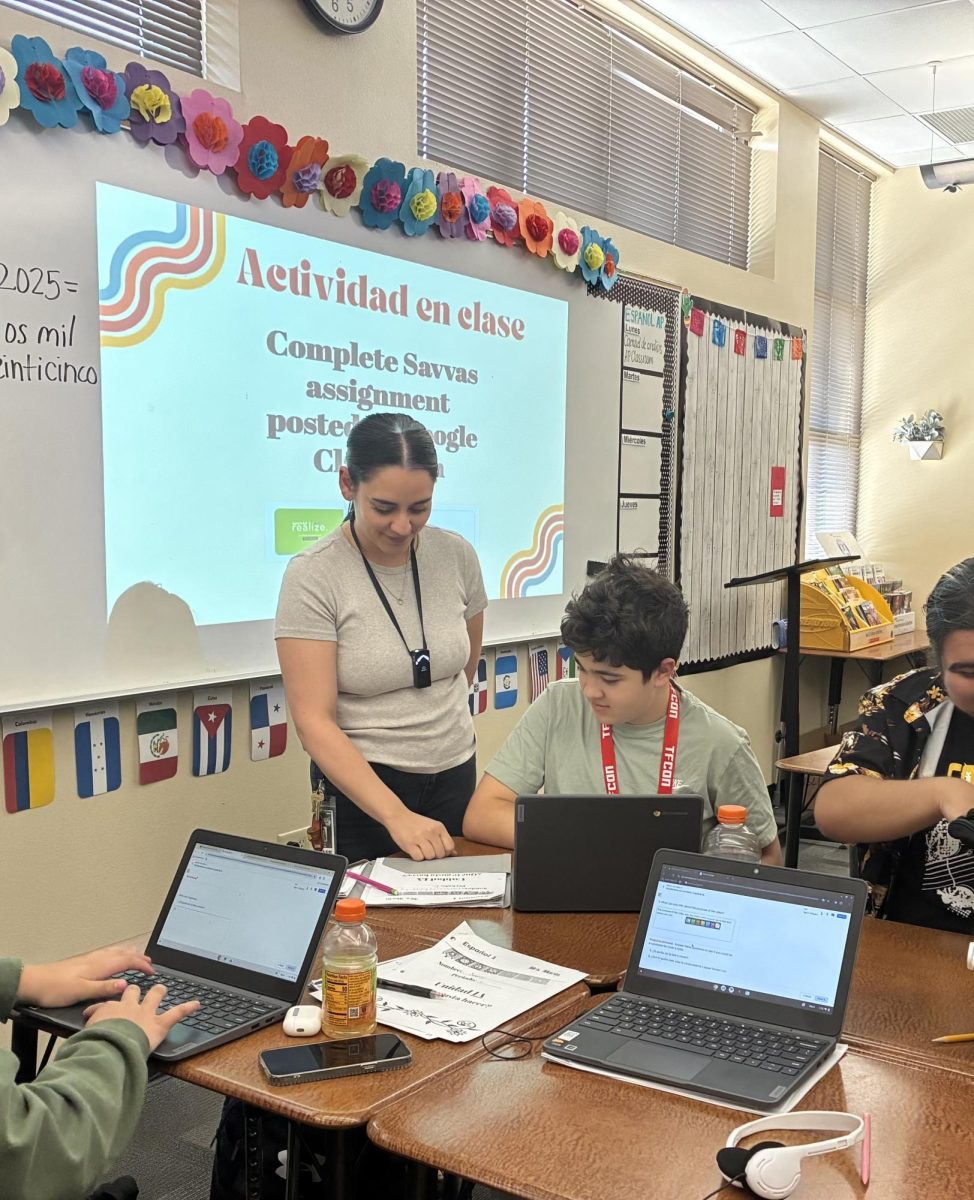
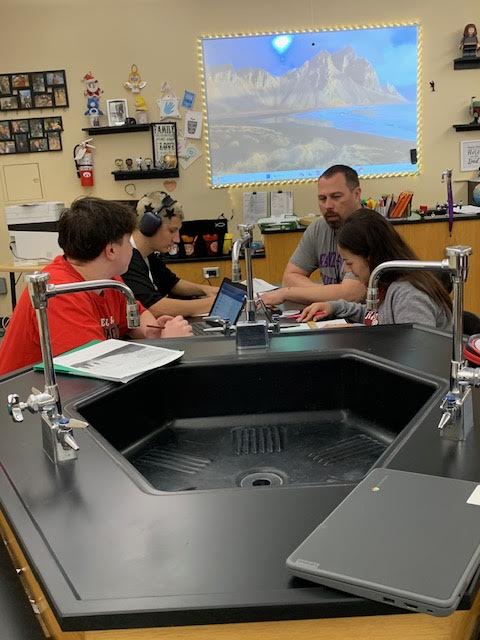

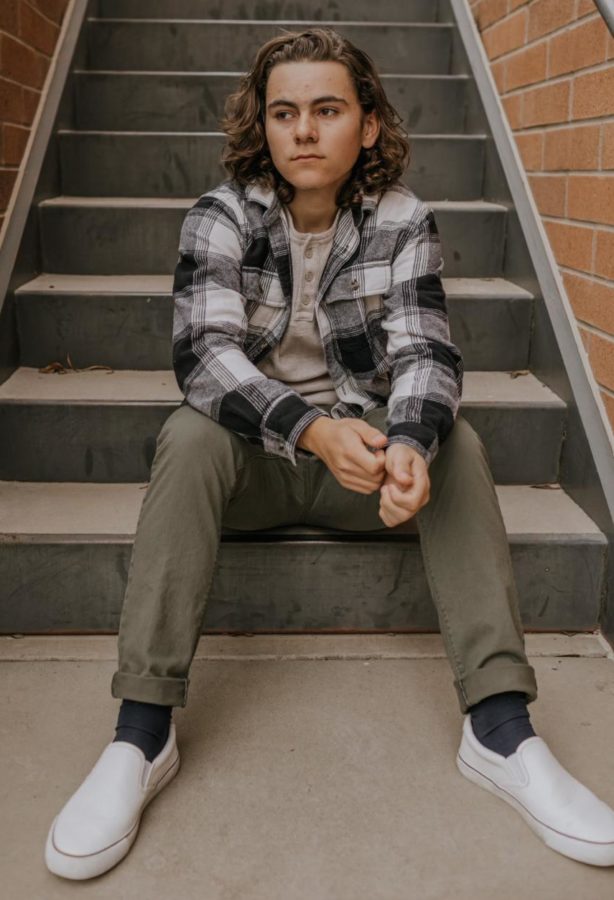
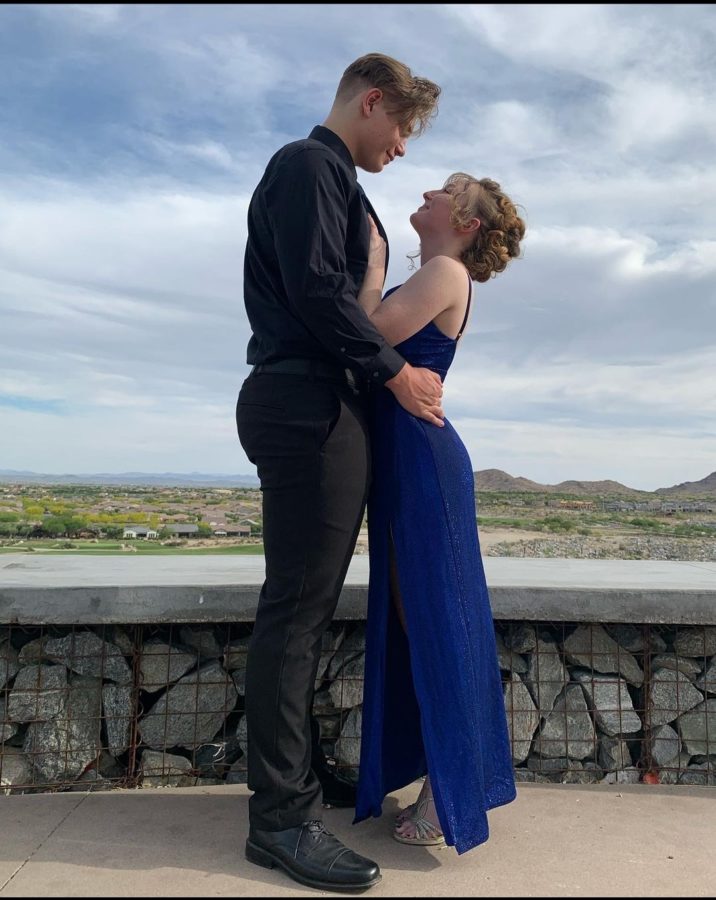
Pablo Marin • Aug 15, 2025 at 7:44 AM
I really love how open Nathan is open to ideas. He is a great person in general and I wouldn’t be surprised if in the future he’s standing in the same stage as some of the biggest actors of this generation. Nathan is one of a kind, best of luck on your path to greatness.
Nancy Hafer • Jan 12, 2025 at 10:14 AM
Wow…great accomplishment. Great way to prepare for your next chapter. Best wishes for success as you pursue a film career.